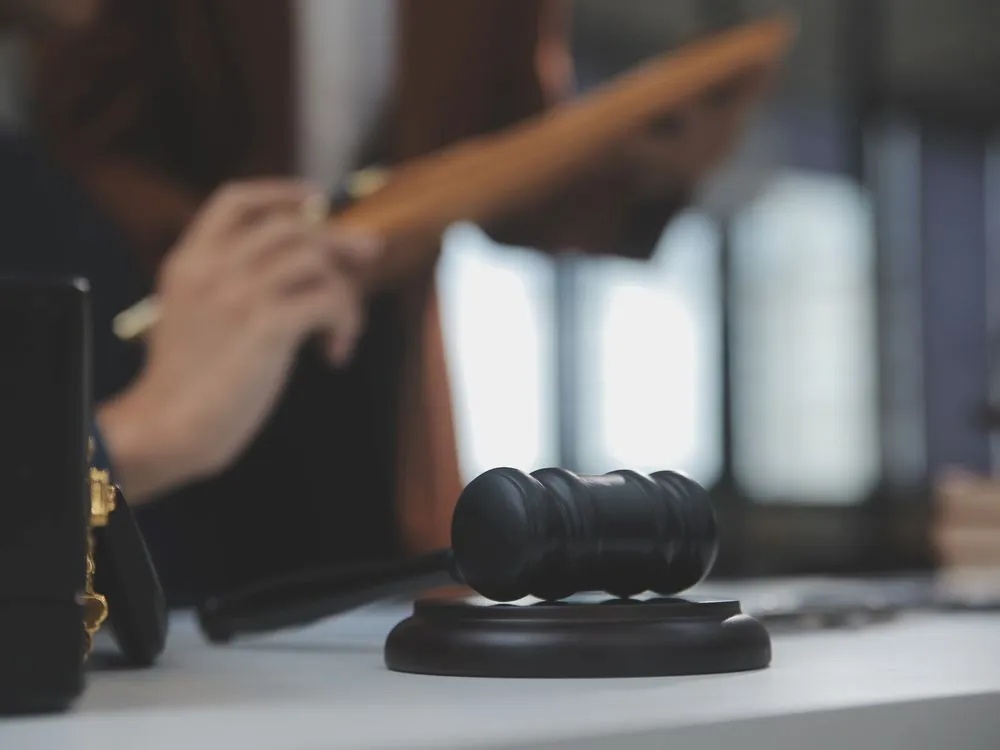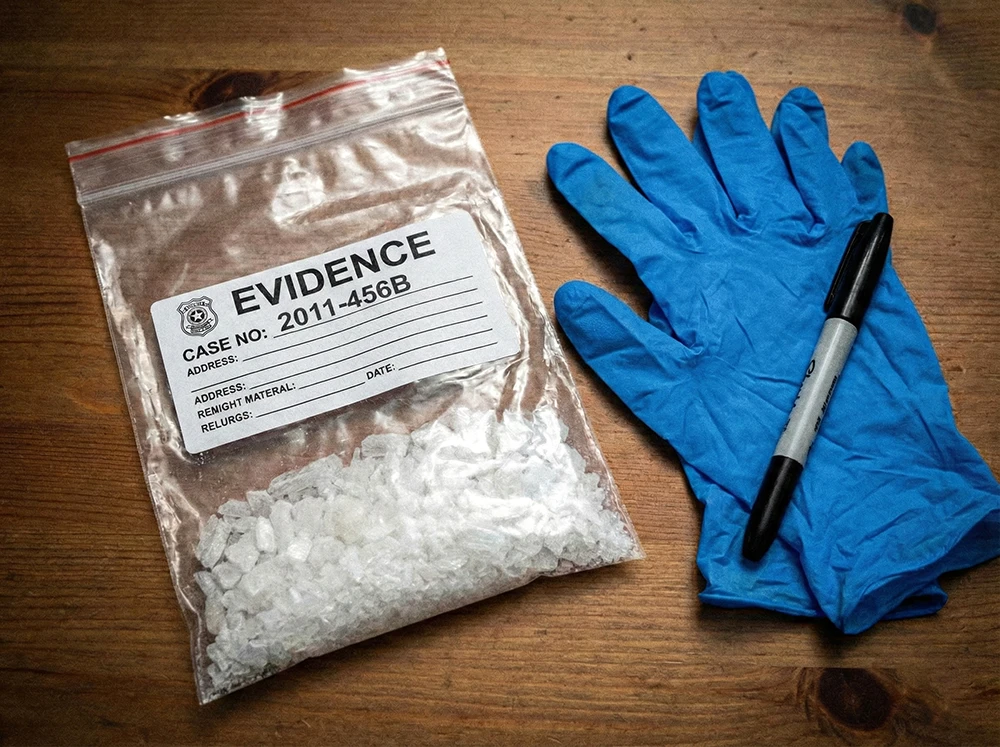In most DUI cases, the State will rely on the results of chemical testing to determine whether or not the defendant is guilty. Despite the fact that Florida’s implied consent legislation requires all motorists accused of DUI to consent to breath or urine testing, police must acquire warrants to conduct blood tests unless there are extenuating circumstances. If a person is forced to take a blood test without a warrant, the test may be considered an unreasonable search, and the findings may be inadmissible. The considerations considered in deciding whether the police conducted an unconstitutional blood test were discussed in a recent Florida judgment coming from a DUI prosecution. If you’ve been charged with a DUI, it’s a good idea to consult with a skilled Florida DUI defense attorney about your options.
The Subject Arrest
According to reports, the defendant was involved in a car accident. When officers arrived at the site of the accident, they suspected the defendant of being inebriated and asked her to submit to field sobriety tests. She performed poorly on the tests and claimed to have a knee issue. She admitted to drinking rum and coke earlier in the day when questioned if she had consumed alcohol.
The police allegedly took the defendant to a hospital and demanded that she give a blood sample. On two instances, she declined the request. After determining that a passenger in the other vehicle involved in the crash died as a result of his injuries, the investigating officer ordered an involuntary blood sample, which revealed that the defendant’s blood alcohol content (BAC) was 0.13 percent three hours after the accident. The defendant was charged with DUI manslaughter and filed a motion to suppress the blood test results prior to her trial. She appealed after the court dismissed her request and the jury returned a guilty judgment. Continue Reading ›
 Tampa Criminal Lawyer Blog
Tampa Criminal Lawyer Blog



















